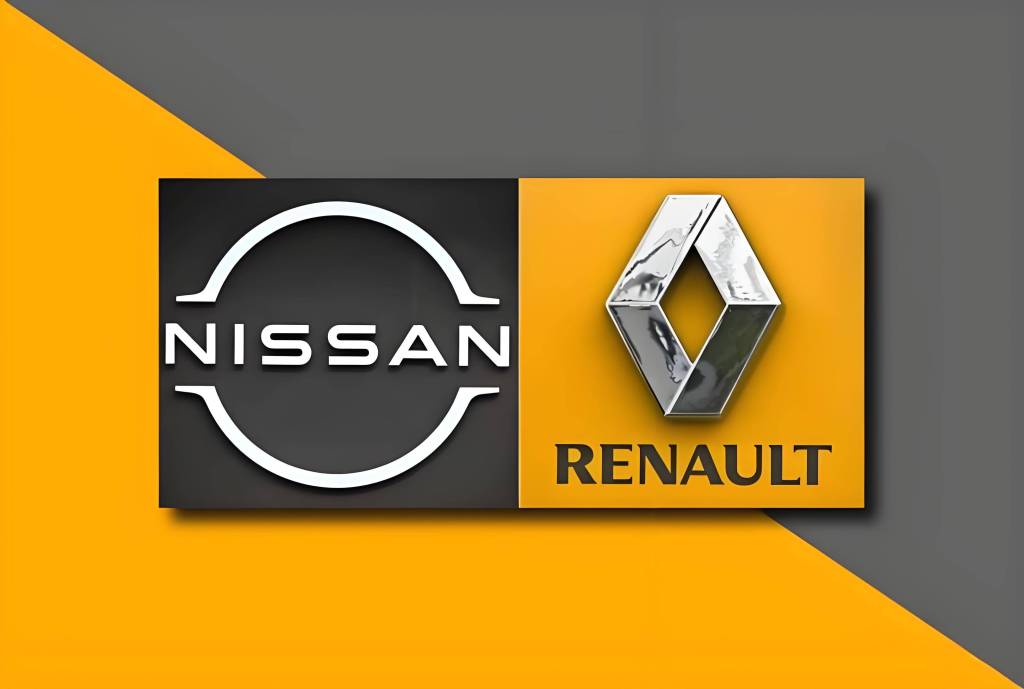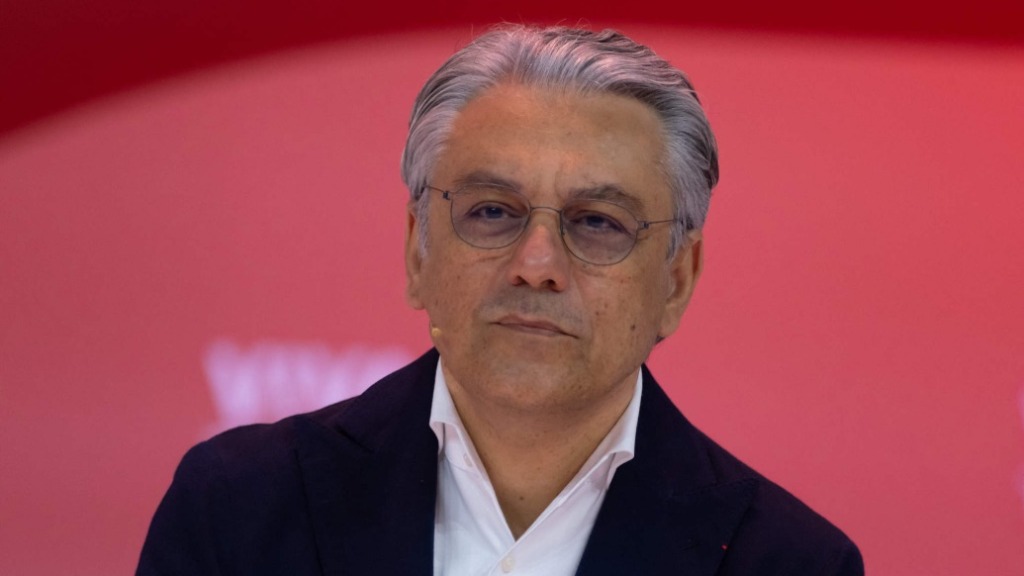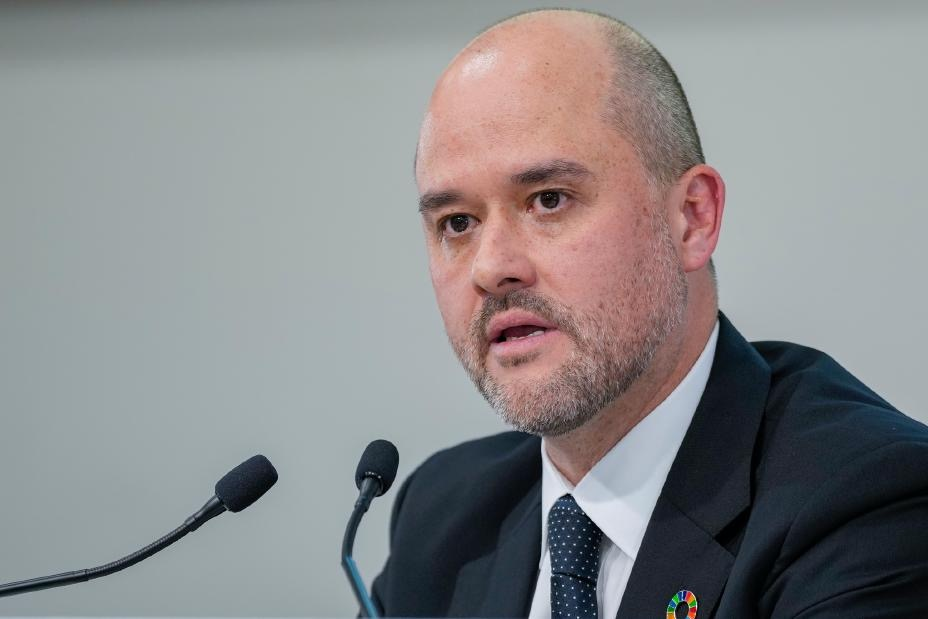

Shortly after Renault Group announced that its current CEO Luca de Meo would step down, Nissan, which has had an alliance with Renault for many years, also announced the latest progress of its relationship with Renault Group. However, it is not to deepen the relationship.
Nissan CEO Ivan Espinosa recently revealed that the company plans to reduce its 5% stake in its French partner Renault Group. If these shares are sold, Nissan will raise about 100 billion yen (about 4.96 billion yuan) based on the current stock price, and the official plan is to use the funds for the development of new cars. "We are reducing cross-holdings in order to invest in vehicle development," Espinosa said in an interview with foreign media. However, Nissan has not yet made a final decision.

Ivan Espinosa, CEO of Nissan
This is not the first time that Renault and Nissan have reduced their holdings. As early as 1999, Renault, under the leadership of then CEO Carlos Ghosn, invested in the acquisition of 43.4% of Nissan's voting shares. The injection of a large amount of funds saved Nissan from bankruptcy. At the same time, Nissan also cross-held 15% of Renault's non-voting shares.
However, with the revival and growth of Nissan, Nissan began to gradually seek to change the unequal equity and voting rights relationship between Renault and Nissan. A series of conflicts broke out between the two sides afterwards. The biggest conflict was in November 2018, when Ghosn was arrested by the Tokyo Public Prosecutor's Office in Japan for a financial scandal and fled to Lebanon at the end of the year. Since then, Nissan has begun a "de-Renaultization" campaign and has undergone several rounds of personnel changes. Finally, in February 2023, Renault and Nissan reached a restructuring framework agreement. Renault's share in Nissan has dropped to 15%, and the two parties hold the same proportion of shares, and both parties can freely exercise the voting rights associated with the 15% direct shareholding.
At the same time, Nissan promised to buy up to 15% of Renault's electric vehicle division Ampere, while Renault transferred 28.4% of Nissan's shares to a French trust company. The voting rights associated with it will be neutralized, but dividends and share sale proceeds will still belong to the Renault Group. Renault said that when these shares are sold, Nissan will have the right of first refusal or benefit from a designated third party. In addition, Renault and Nissan still have the right to nominate two representatives on each other's board of directors.
In the past two years, as Nissan's operations and financial situation have once again encountered difficulties, the relationship between the Renault-Nissan Alliance has also quietly changed. First, Nissan started merger negotiations with Honda Motor, but due to differences in ideas between the two parties, the process fell through in February this year. Then on April 1 this year, Renault and Nissan reached a "New Alliance Agreement", and the two parties reduced the cross-holding ratio they had previously promised to lock from 15% to 10% to enhance the flexibility of cross-holdings between the two parties. After the revision, both parties can (but are not obliged to) reduce their respective shareholdings to a minimum of 10%. At the same time, Nissan can abandon its previous investment commitment in Renault's electric vehicle division Ampere.
Therefore, the news released by Nissan CEO Ivan Espinosa can be regarded as an independent implementation of the revised "New Alliance Agreement", and can also be regarded as Nissan weakening its "binding" relationship with Renault at the capital level by selling shares, so that it can be more free to develop new cooperative relationships with other partners in the future. At the same time, the background of Nissan's capital shortage cannot be ignored. As of fiscal year 2024, Nissan's net cash was 1.498 trillion yen. In the same fiscal year 2024, Nissan's consolidated net sales were 12.6 trillion yen, a year-on-year decrease of 0.4%; operating profit was 69.8 billion yen, a year-on-year decrease of 87.7%; net loss was 670.9 billion yen.


